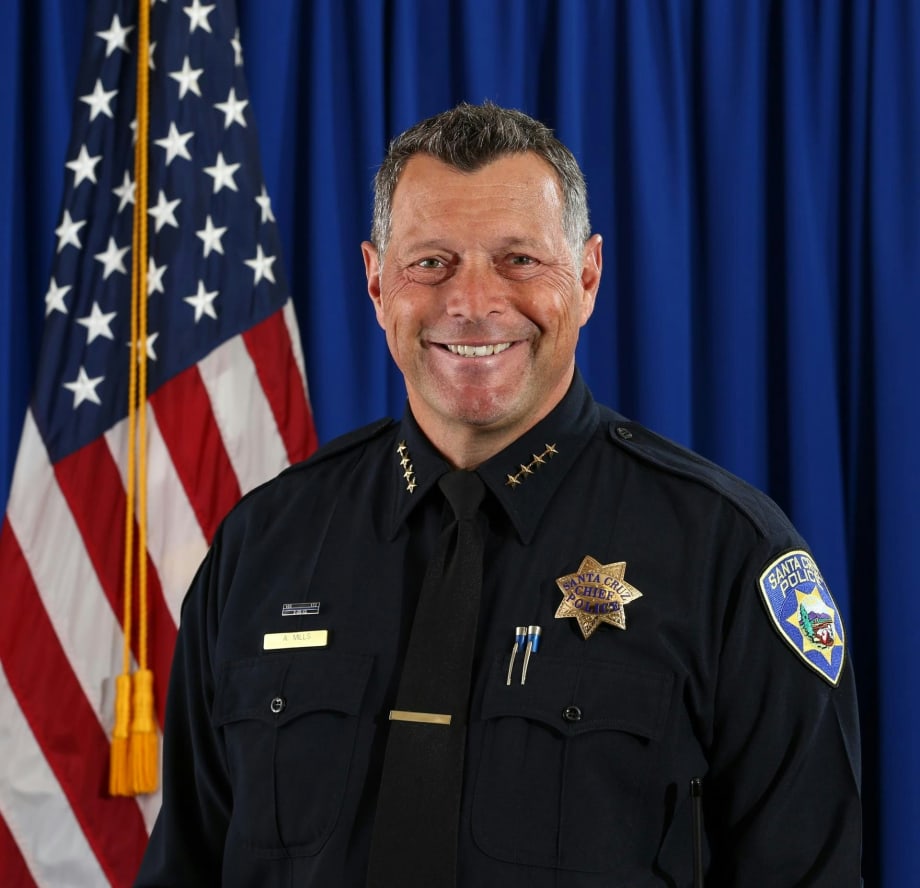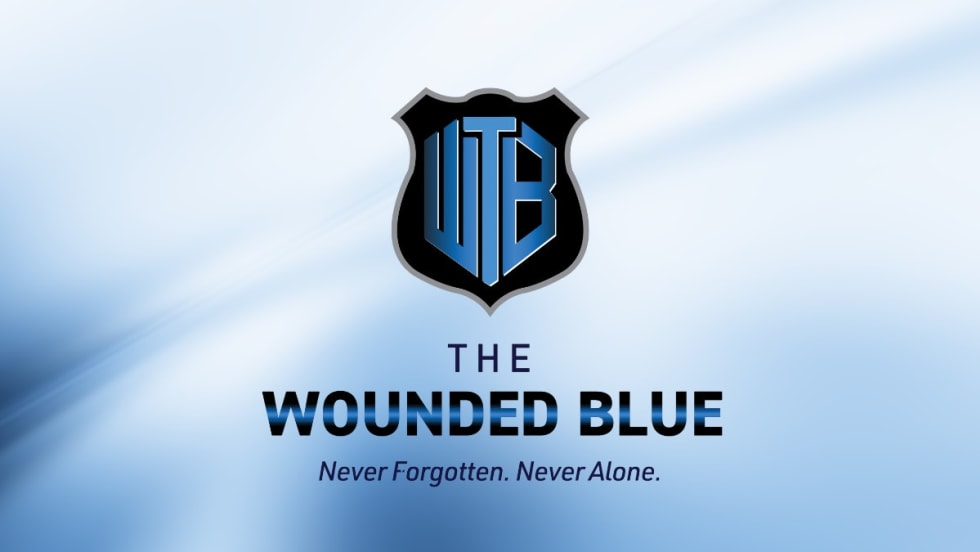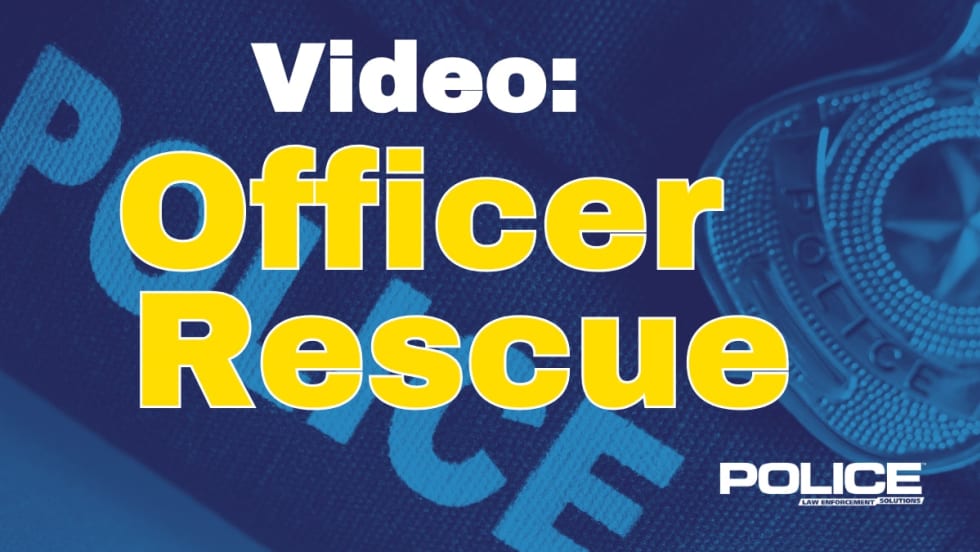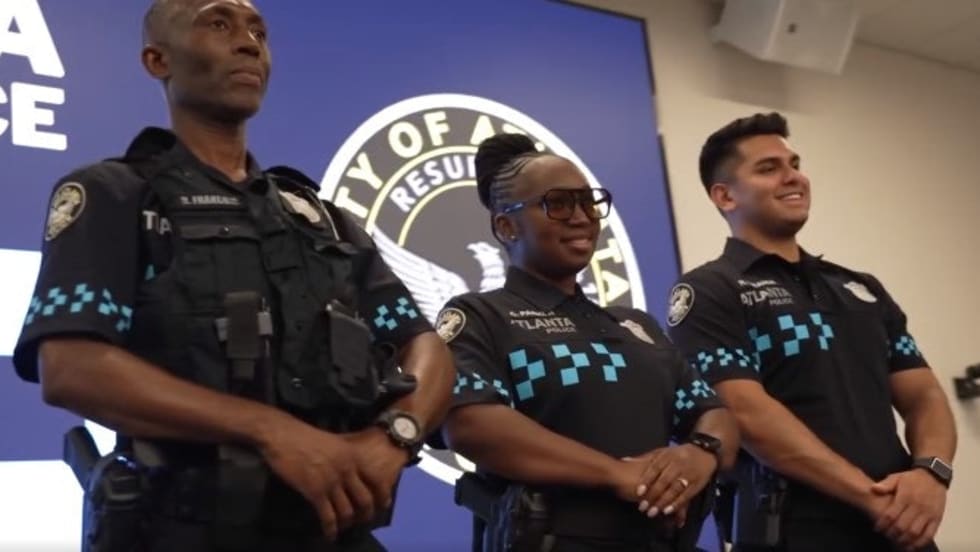As I write this, President George H. W. Bush has just passed away. His passing has inspired me to reflect on leadership. Any person who aspires to the highest office in the nation is a leader; some are just better at leading than others. President Bush, in my opinion, was a great leader.
President Bush 41 talked about having moral fiber as a leader. Humility was one of those strands of fiber he found important. One should not mistake humility for weakness. Some people made that mistake with the president when he spoke about the U.S. being a kinder and gentler nation. He was right. Here was a guy who was a former World War II torpedo bomber pilot, head of the CIA, and a captain of industry, yet he understood and lived humbly.
Moral leaders understand the power they have and yet bridle that power to solve problems to lift up others. Forty-one did what was right for the nation, even at a personal cost. Like other great leaders, he understood the balance between pursuing an agenda and unity. He weighed the relative merits of always being right and having relationships. He knew that long-term solutions came through relationships, not through intimidation or forcing one's will with bullying.
Policing can learn from 41. Humility affects every part of our job from a cop handling a mental health client to a chief listening to and considering the viewpoints of others. We should not confuse humility with the inability to be decisive. Nor should one mistake quietness or withholding one's affection for humility. Humble people have a wide variety of personalities. The humble don't view themselves as better as or more important than others.
Here are some ways we as LEOs can practice humility:
1. It's not all about me. Chiefs and managers, leadership is complicated. We lead many people with a wide span of interests. Sometimes their interests are opposed to one another. Each takes a unique level of care and attention and goggles that allow us to see things from his or her perspective.
2. Let's not take ourselves too seriously. It is really easy to believe our own press. The reality is crime fighting will continue long after we are gone. President Bush could laugh at himself; so too must we.
3. Be available and listen well. Many of us, including me, can become so busy telling war stories we drown out the needs of others. The humble listen to others. Some of that means being present and available.
4. Be flexible. Yes, we should know what we believe and argue passionately for our crime-fighting doctrine. But the humble recognize we do not have all the answers. We listen to others argue their positions passionately and then flex to find common ground.
Cops are colleagues who can demonstrate to the elected crowd what unity means. To follow the humble leadership of President George Herbert Walker Bush may be our best way to improve this incredible profession. Unity comes through humility.
Andrew Mills was appointed the Chief of Police for the City of Santa Cruz, CA, in 2017, after serving as the chief of the Eureka (CA) Police Department. He has 35 years of law enforcement experience, and was the 2000 recipient of the Police Executive Research Forum's Gary P. Hayes award for his contributions to improving the quality of police service nationally.












